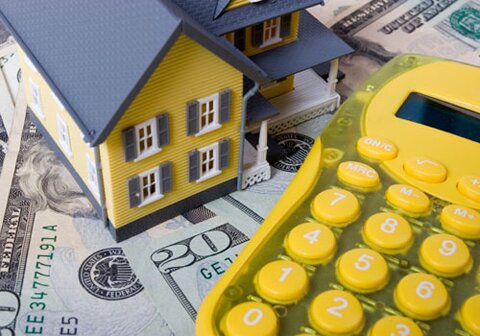A growing number of county governments across the U.S. are planning property tax increases in 2011, or have already approved increases, despite the continuing problems with falling home values and high foreclosure rates.

Planned property tax hikes could well have a negative impact on local real estate markets. Image courtesy of Dahm's Real Estate
According to the latest numbers from the National Association of Realtors, metro Atlanta, GA has seen a 14.7% decline in average selling prices for homes for the period June-2010 to June-2011. Overall, metro Atlanta home values have fallen an average of about 30% since their peak in 2006. In spite of this, property tax increases are being planned in Cobb and Dekalb County. Paulding County, with one of the highest foreclosure rates in Georgia, has already approved a 14.3% increase.
Other areas of the U.S. that have indicated a possible move to increase property taxes include the City of Chicago, IL, Boston, MA, Tucson, AZ, 35 different municipalities in the state of Utah, and many more across the U.S., too numerous to list here.
Property tax increases add to the cost of mortgages, in the form of higher monthly payments, along with higher up front "prepaid reserves" or "escrow" that a lender will require when a buyer purchases a property.
Higher payments for struggling home owners could lead to more foreclosures, and higher purchase expenses means fewer qualified home buyers. While property taxes can vary significantly from one area to another, on average, taxes will increase the monthly mortgage payment by roughly ten percent for an owner occupied property. In some cases, the taxes may add as much as 20% to the monthly mortgage payment.

Metro Atlanta property taxes are set to rise despite a 14.7% decline in property prices over the last year. Image courtesy of Atlanta Neighborhoods
Landlords and real estate investors feel the pinch even more, because rental properties are not eligible for homestead exemptions that help reduce property taxes for owner-occupants. In many areas of the U.S., rental rates have fallen due to the poor economic conditions. Increases in expenses could lead to more foreclosures in the rental property sector as well.
The erosion of property tax income for local governments has been one of the major problems caused by the record numbers of foreclosures that have taken place since the housing market melt-down. But during the housing boom, rapidly rising property taxes contributed significantly to the conditions that ultimately led to the melt-down.
It's a dangerous cycle that could continue to force housing prices down by adding to the number of foreclosures. It also increases the cost of home ownership at a time when personal income has been declining.
I do believe that property taxes will continue to increase due to federal and state government budgets being cut so someone has to pick up the "tab" and conveniently that is the homeowner.
It is not fair, but that looks like what is happening.
Freida Knight